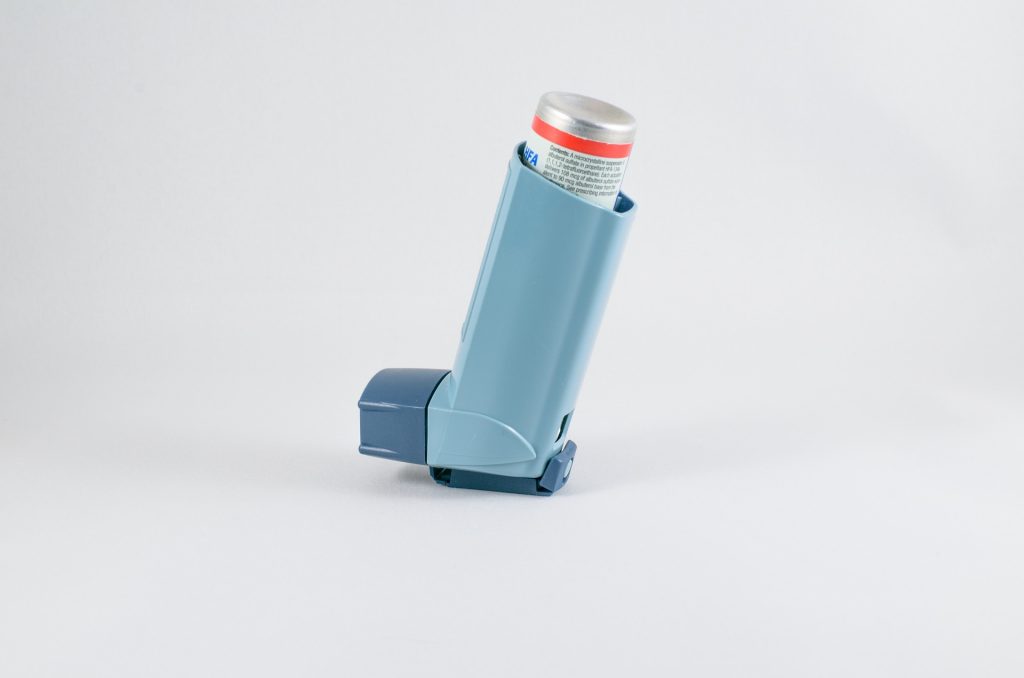Existing Allergy Medication Unleashes Antitumour Immunity against Lung Cancer

Researchers from Mount Sinai report in Nature that they have identified an allergy pathway that, when blocked, unleashes antitumour immunity in mouse models of non-small cell lung cancer (NSCLC).
And in an early parallel study in humans, combining immunotherapy with dupilumab – an Interleukin-4 (IL-4) receptor-blocking antibody widely used for treating allergies and asthma – boosted patients’ immune systems, with one out of the six experiencing significant tumour reduction.
“Immunotherapy using checkpoint blockade has revolutionised treatment for non-small cell lung cancer, the most common form of lung cancer, but currently only about a third of patients respond to it alone, and in most patients, the benefit is temporary,” says senior study author Miriam Merad, MD, PhD, at the Icahn School of Medicine at Mount Sinai.
“A big focus of our program TARGET is to use single cell technology and artificial intelligence to identify molecular immune programs that can dampen tumour immune response to checkpoint blockade.”
Also known as a PD1 inhibitor, checkpoint blockade is a type of cancer immunotherapy that can unleash the cancer-killing activity of T cells.
“Using single cell technologies, we discovered that the immune cells infiltrating lung cancers, as well as other cancers we studied, exhibited characteristics of a ‘type 2’ immune response, which is commonly associated with allergic conditions like eczema and asthma,” says first study author Nelson LaMarche, PhD, a postdoctoral research fellow in the lab of Dr Merad.
“These results led us to explore whether we could repurpose a medication typically used for allergic conditions to ‘rescue’ or enhance tutor response to checkpoint blockade,” says Thomas Marron, MD, PhD, co-senior author of the study.
“Strikingly, we found that IL-4 blockade enhanced lung cancer response to checkpoint blockade in mice and in six lung cancer patients with treatment-resistant disease. In fact, one patient whose lung cancer was growing despite checkpoint blockade had nearly all their cancer disappear after receiving just three doses of the allergy medication, and his cancer remains controlled today, over 17 months later.”
The researchers are encouraged by the initial results but emphasise the need for larger clinical trials to validate the drug’s efficacy in treating NSCLC.
Beyond the clinical trial findings reported in the current Nature paper, the investigators have now expanded the clinical trial, adding dupilumab to checkpoint blockade for a larger group of lung cancer patients, and are starting to investigate its use in early-stage lung cancer as well. Through these trials, they are searching for biomarkers to identify those cancer patients who might benefit from dupilumab treatment.
Source: The Mount Sinai Hospital / Mount Sinai School of Medicine


